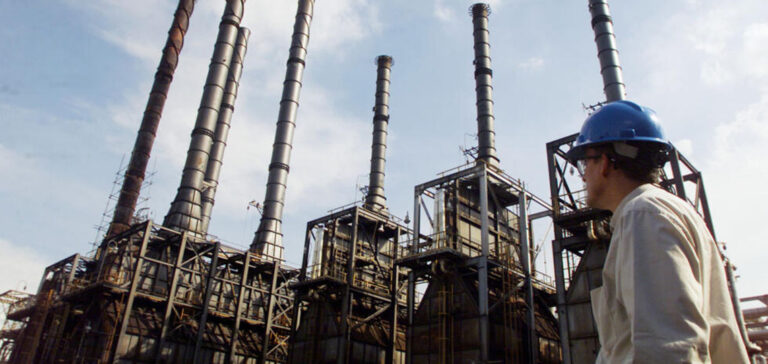The Future of the Oil Industry in Colombia looks at the transition to cleaner energy and its impact on the country’s oil and gas industry. Ecopetrol CEO Ricardo Roa reassures us that this transition will not mean the end of theoil industry in Colombia.
Gustavo Petro’s Vision of the Presidency
The government of President Gustavo Petro, Colombia’s first leftist leader, aims to reduce the country’s dependence on hydrocarbons, mainly oil and coal, which are major drivers of the economy, in favor of renewable energies. Last December, Ecopetrol announced its intention to invest between 25.3 trillion and 29.8 trillion pesos (or between 6 billion and 7.1 billion dollars), focusing on the transition to renewable energies and ensuring energy self-sufficiency.
Reassurance about the future of the oil industry
“We never said we were going to end our traditional business in the oil and gas sector,” Roa told an industry forum in Cartagena, organized by the Colombian Petroleum Association (ACP).
Concerns of the Workers’ Union
The oil workers’ union, USO, said in a statement posted on social networks on Monday that Ecopetrol plans to cut its investment in exploration and production by more than 40%, from $4.5 billion this year to $2.5 billion in 2024, threatening the company’s future.
Investment scenarios
In response to the USO press release, Roa indicated that Ecopetrol is considering two investment scenarios for next year, a basic scenario and a more ambitious one. The baseline scenario calls for an investment of $3.5 billion to reach an average production of 720,000 barrels per day next year, said Roa. The high-investment scenario, on the other hand, would require $4.2 billion to approach 731,000 barrels per day.
Ecopetrol’s production targets
Ecopetrol hopes that production will reach a rate of 731,000 barrels per day by the end of this year, he added. A presentation provided by the company suggests average production of between 720,000 and 725,000 barrels per day. Last year, Ecopetrol produced an average of 709,500 barrels per day, according to a report published in February.
The Role of Fossils in the Energy Transition
“The oil and gas industry in the country is not going to disappear,” Roa asserted, pointing out that funds from fossil fuels will be essential to finance the transition to renewable energies.
It’s clear that Colombia faces major challenges in its energy transition, but that doesn’t mean the end of the oil industry. Ecopetrol’s investments in renewable energies demonstrate its commitment to a more sustainable future. However, it is also crucial to maintain stable oil and gas activity to support the transition. Prudence and strategic planning are essential to balance these objectives.
Ultimately, the future of Colombia’s oil industry will depend on its ability to adapt to the energy transition while preserving its assets and guaranteeing the country’s energy security. The decisions taken by Ecopetrol will have a significant impact on the sector and on the Colombian economy as a whole. The debate between reducing investment and preserving the oil industry has only just begun.






















